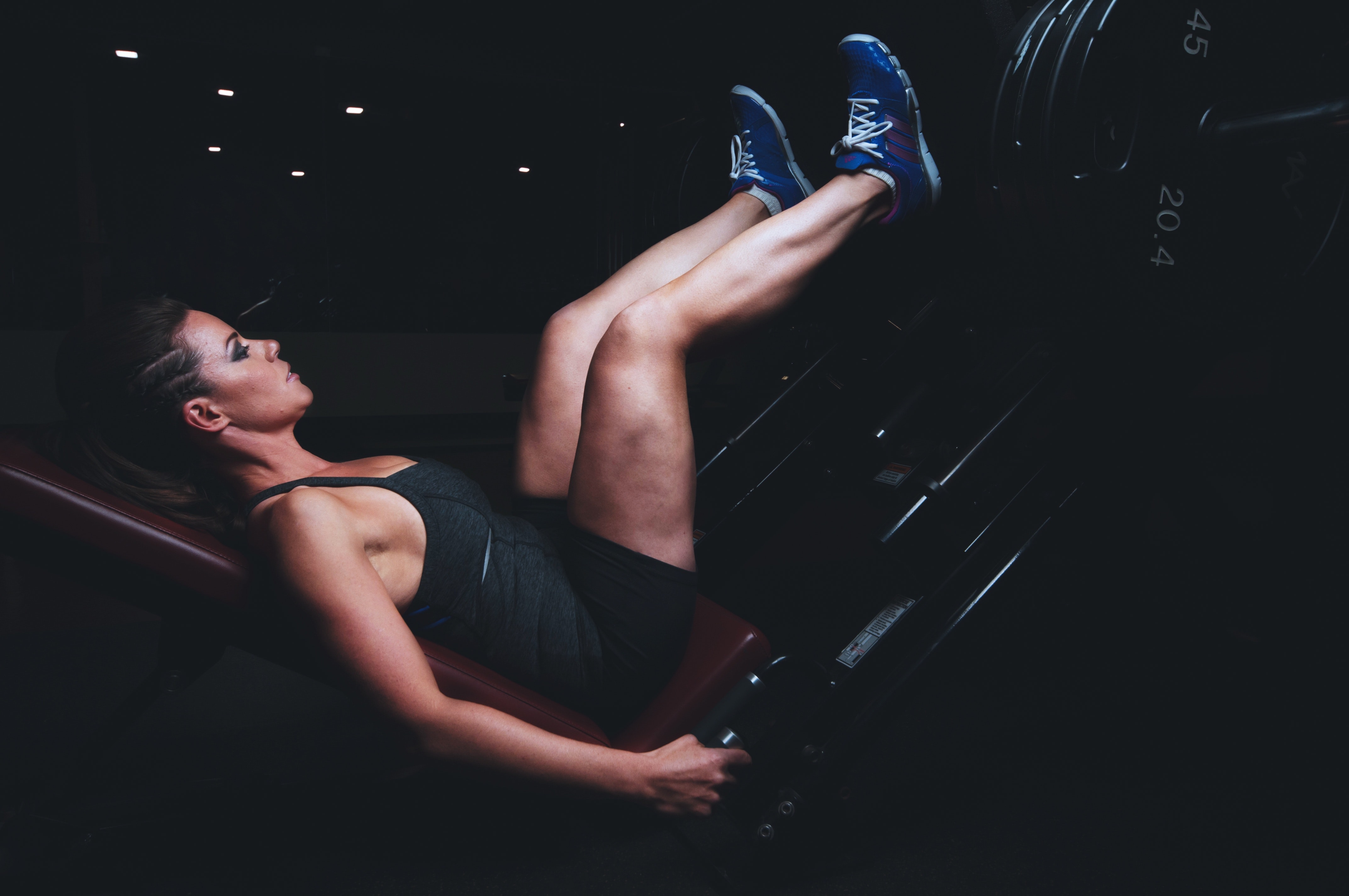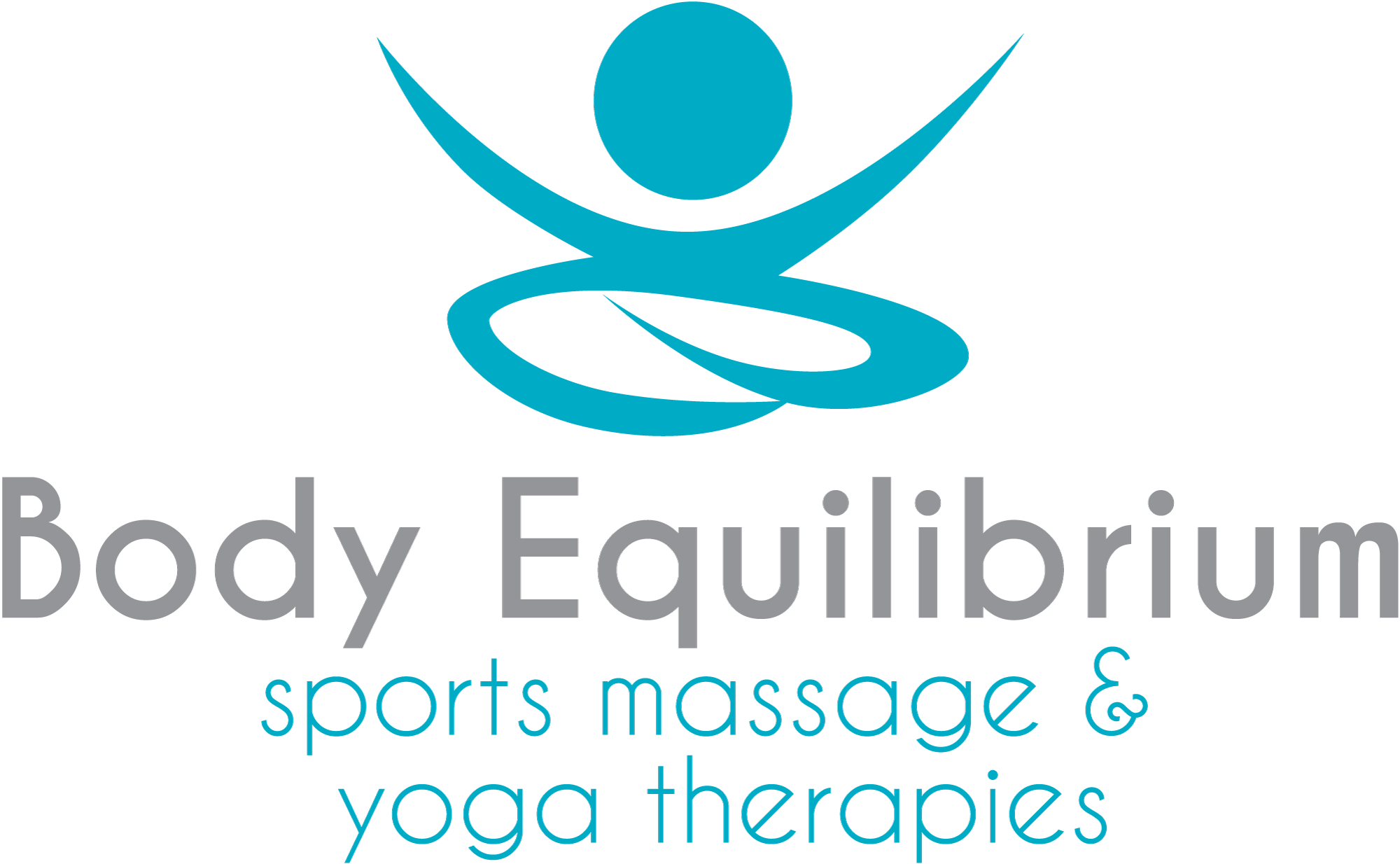 Whether you’ve been lifting weights regularly and for a while, or whether you’ve just started, you really should consider sports massage therapy as a means to support your work in the gym.
Regular massage will help improve your flexibility, circulation, help you manage any post-training aches and pains and can even help with any injuries.
Sports massage is a form of massage that is targeted at your individual physical and biomechanical needs. Yes, you can go and get a ‘deep tissue massage’ from any therapist, but if you have specific issues, choose someone who has a background in sports or gym work as they are more likely to understand the stresses and strains placed upon the athletic body an dhow it adapts to them. If you have injuries, it is also worth bearing in mind that a therapist with a Level 4 qualification is far better placed to work with you than someone who just has a Level 3 qualification.
In addition to the massage, you will also be given a postural assessment and pointers on how to manage any injuries in the future.
A typical sports massage at Body Equilibrium consists of a combination of:
Whether you’ve been lifting weights regularly and for a while, or whether you’ve just started, you really should consider sports massage therapy as a means to support your work in the gym.
Regular massage will help improve your flexibility, circulation, help you manage any post-training aches and pains and can even help with any injuries.
Sports massage is a form of massage that is targeted at your individual physical and biomechanical needs. Yes, you can go and get a ‘deep tissue massage’ from any therapist, but if you have specific issues, choose someone who has a background in sports or gym work as they are more likely to understand the stresses and strains placed upon the athletic body an dhow it adapts to them. If you have injuries, it is also worth bearing in mind that a therapist with a Level 4 qualification is far better placed to work with you than someone who just has a Level 3 qualification.
In addition to the massage, you will also be given a postural assessment and pointers on how to manage any injuries in the future.
A typical sports massage at Body Equilibrium consists of a combination of:
- postural assessment
- range of motion tests
- special tests to identify areas of restriction or injury
- extensive discussion about the history of your injury/issue and lifestyle, exercise programme
- massage techniques including massage, instrument assisted soft tissue manipulation (IASTM), passive stretching, soft tissue release
- post massage advice
You may also be advised to try myofascial cupping or sports or kinesio taping.
Whether you’ve been lifting weights regularly and for a while, or whether you’ve just started, you really should consider sports massage therapy as a means to support your work in the gym. Regular massage will help improve your flexibility, circulation, help you manage any post-training aches and pains and can even help with any injuries. Sports massage is a form of massage that is targeted at your individual physical and biomechanical needs. Yes, you can go and get a ‘deep tissue massage’ from any therapist, but if you have specific issues, choose someone who has a background in sports or gym work as they are more likely to understand the stresses and strains placed upon the athletic body an dhow it adapts to them. If you have injuries, it is also worth bearing in mind that a therapist with a Level 4 qualification is far better placed to work with you than someone who just has a Level 3 qualification. In addition to the massage, you will also be given a postural assessment and pointers on how to manage any injuries in the future. A typical sports massage at Body Equilibrium consists of a combination of:
- postural assessment
- range of motion tests
- special tests to identify areas of restriction or injury
- extensive discussion about the history of your injury/issue and lifestyle, exercise programme
- massage techniques including massage, instrument assisted soft tissue manipulation (IASTM), passive stretching, soft tissue release
- post massage advice
You may also be advised to try myofascial cupping or sports or kinesio taping.
